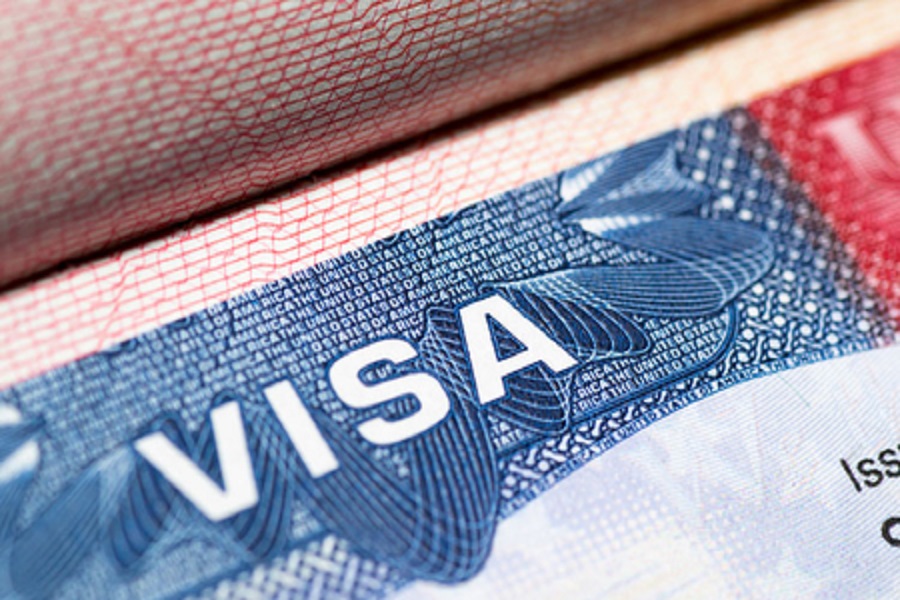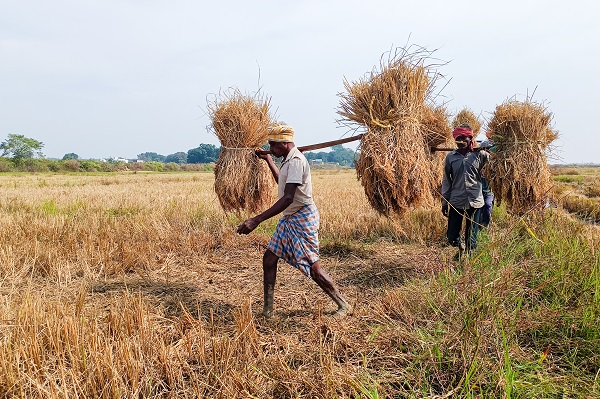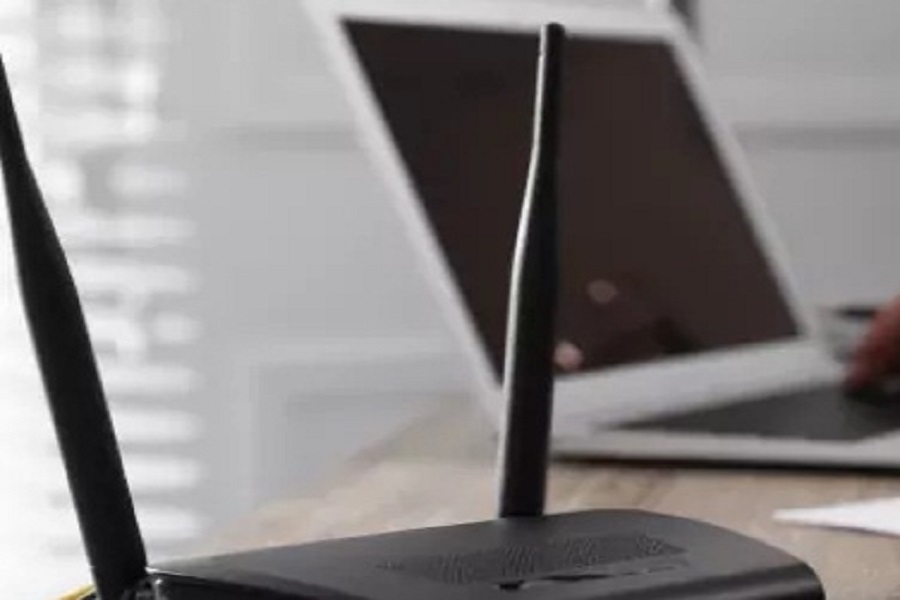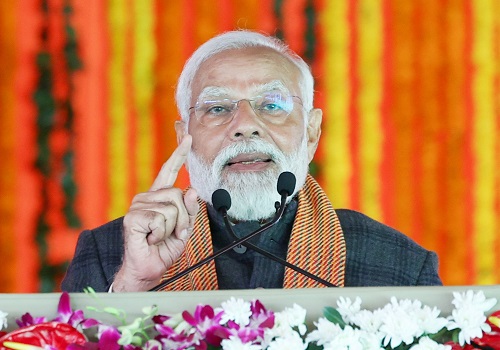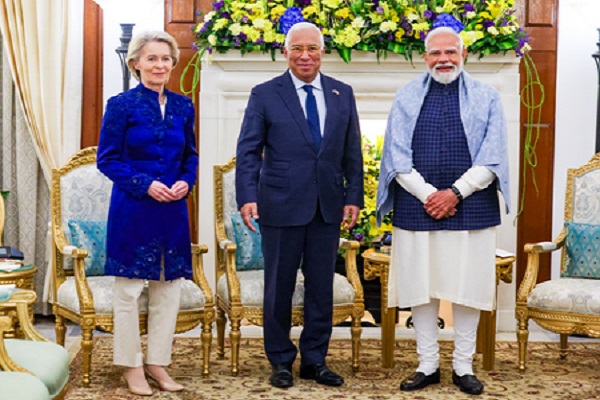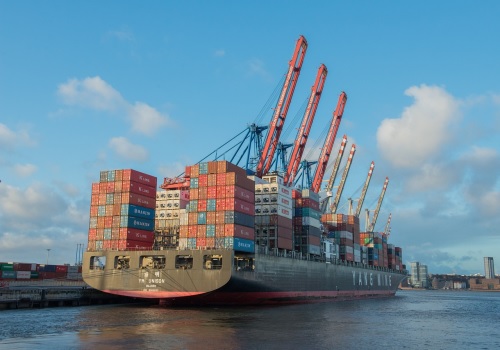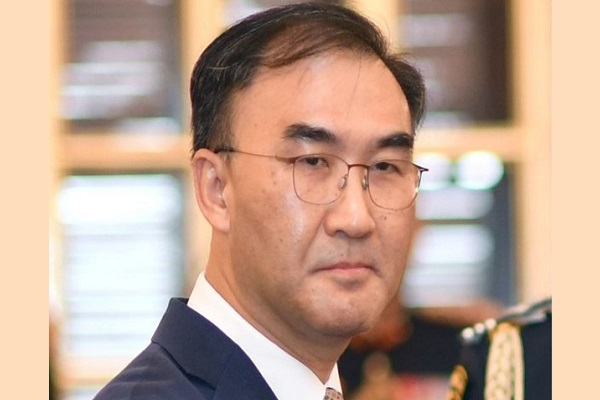India signals readiness to pursue China business ties after border row resolved

India and China will consider "other aspects" of their bilateral ties in a calibrated manner now that they have completed pulling back their troops from the last two face-off points on their Himalayan border, India's foreign minister said on Tuesday.
The comments came six weeks after New Delhi and Beijing reached a deal to resolve a four-year military stand-off that had damaged the relationship between the Asian giants, indicating that India is willing to improve business ties that were also hurt.
Relations between the world's two most populous nations - both nuclear powers - have been strained since clashes between their troops on the frontier in the western Himalayas left 20 Indian and four Chinese soldiers dead in 2020.
India severed direct air links with China, banned hundreds of Chinese mobile applications, and added layers of vetting on Chinese investments, saying the relationship could not be normal if there was no peace on the frontier.
China maintained that the border conflict should not be allowed to come in the way of the rest of the relationship.
"The conclusion of the disengagement phase now allows us to consider other aspects of our bilateral engagement in a calibrated manner, keeping our national security interests first and foremost," Foreign Minister Subrahmanyam Jaishankar told parliament without elaborating.
"We are clear that the maintenance of peace and tranquillity in border areas is a pre-requisite for the development of our ties," he said, adding that top officials and diplomats of the two countries would meet soon to discuss future steps.
"In the coming days, we will be discussing both de-escalation as well as effective management of our activities in the border areas," Jaishankar said.
The mostly undemarcated border of about 4,000 km (2,500 miles) runs along the Himalayas and has been a source of tension between the neighbours for decades, including a brief but bloody war in 1962.
Ties stabilised after diplomatic talks and a series of pacts were reached from 1991 and trade and business links boomed until they were disrupted by the clashes in the summer of 2020.
Days after the two sides reached a deal in October to end the border conflict, Chinese President Xi Jinping and Indian Prime Minister Narendra Modi held their first formal talks in five years and agreed to resolve their differences and boost ties.
Indian officials have said that New Delhi was expected to be cautious and only take baby steps towards boosting economic ties, given the trust deficit of the last four years. Resuming direct flights and fast-tracking visa approvals are expected to be among the first steps, they said.








